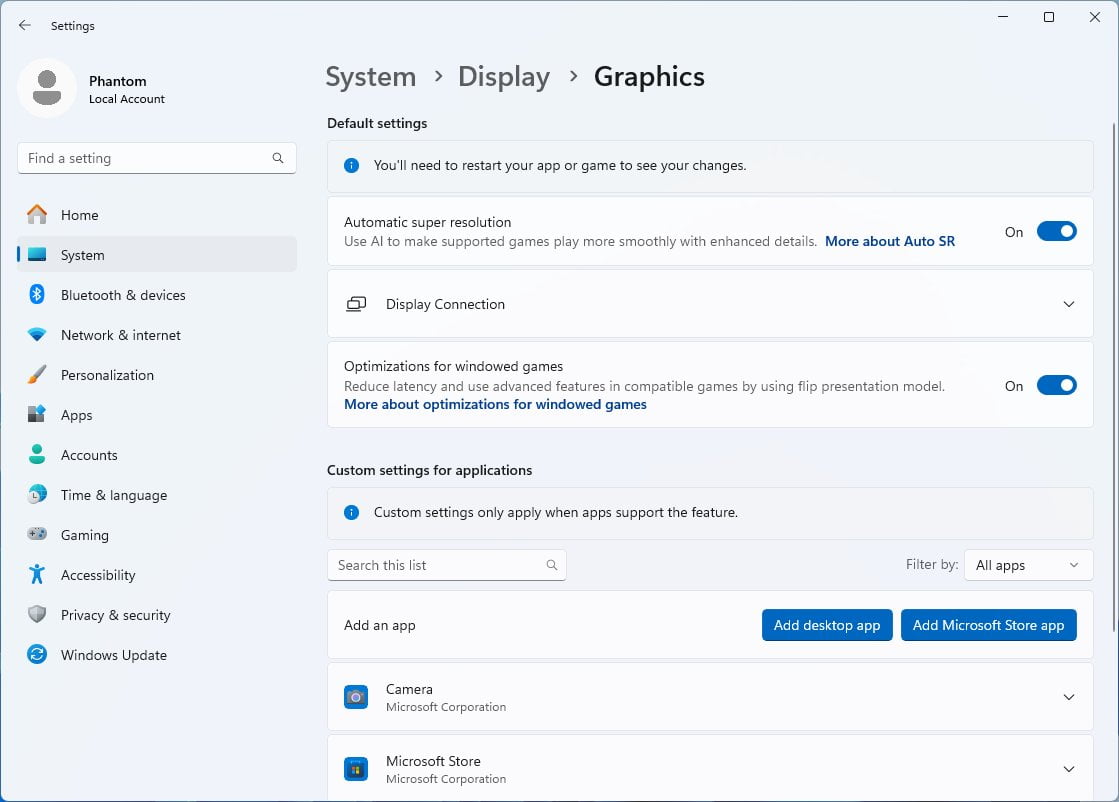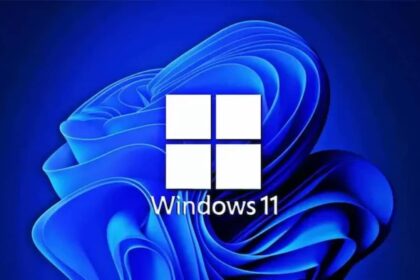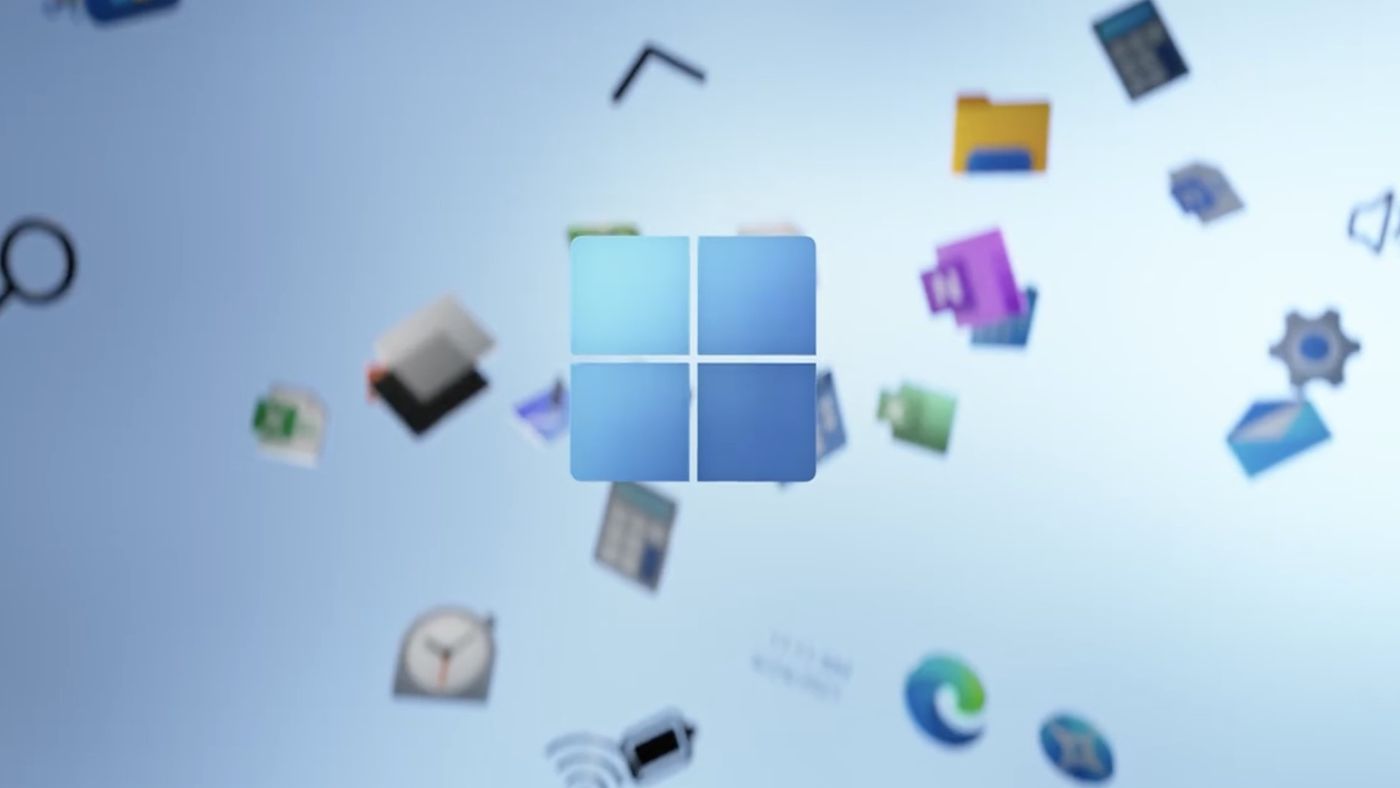Windows 11 has unveiled some unexpected capabilities, including an emerging “super-resolution” feature leveraging artificial intelligence (AI) technologies. This intriguing innovation remains mostly behind the scenes for now but has significant implications for the future of gaming and more on PCs.
The idea behind super-resolution is to use machine learning models to enhance and upscale images and video intelligently. By training an AI algorithm on pairs of very high and lower-resolution visual data, the system learns how to extrapolate realistic detail where none existed.
Early Windows 11 builds contain code referencing super-resolution modes powered by AI upscaling. Though not officially documented, tech-savvy users have uncovered clues that Microsoft is experimenting with these intelligent upsampling techniques.
If rolled out more fully, the Windows 11 super-resolution feature could noticeably improve gaming visuals beyond screen native resolutions. It may also have applications for movies, image/video editing, and even productivity.
What is Super Resolution with AI?
Super-resolution utilizing AI refers to a set of technologies that employ artificial intelligence to boost graphical fidelity while optimizing performance. Major players in this space include Nvidia’s DLSS, AMD’s FSR, and Intel XeSS.
The core concept behind these AI image enhancers is to initially render visuals at a lower base resolution, reducing computational load. Then, dedicated neural networks trained on recognizing high-resolution image features are tasked with upscaling the rendered frames to higher resolutions in real time. These machine-learning models intelligently add convincing details and smoothen images as they enlarge them.
This AI-powered super-resolution process, sometimes called “magic” for its seemingly too-good-to-be-true visual improvements, enables practical resolutions impossible otherwise. Gamers can reap the performance benefits of lower render resolutions without as much sacrifice to fluidity, image quality, or resolution appearance.
The Super Resolution Integrated in Windows 11
In the most recent preview build of Windows 11 (version 24H2), Microsoft has discreetly unveiled its proprietary AI-driven image enhancement feature, “Automatic Super Resolution.” This feature is designed to enhance the visual quality of supported games while ensuring smoother performance. To enable Automatic Super Resolution, navigate to Settings, Display, and Graphics, where you can toggle the feature.

Unlike Nvidia, AMD, and Intel proprietary solutions, the Windows 11 image enhancer operates at the operating system level. This distinction allows it to potentially integrate seamlessly with all Windows applications, not limited to just games.
Imagine even older titles receiving enhanced graphics without requiring specific software from GPU manufacturers.
What are the problems of this technology?
Currently, toggling the feature on or off doesn’t impact game frames per second (FPS) rates. However, the real excitement surrounds Microsoft’s forthcoming official announcement. We eagerly anticipate learning more about how this built-in enhancer will operate. Rumors suggest it may necessitate a neural processing unit (NPU) or specialized AI cores, but only time will reveal the specifics.











